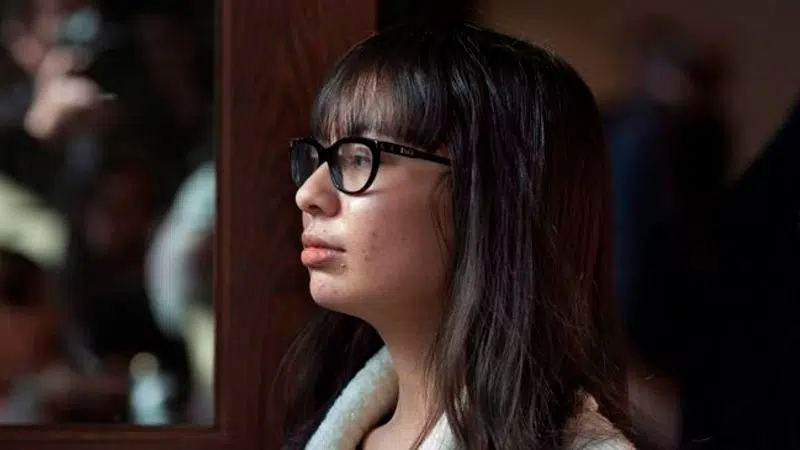
Appeal court wonders about future danger posed by Halifax mall plotter
HALIFAX — Nova Scotia’s top court focused on the potential future danger posed by an American woman who plotted a Valentine’s Day shooting spree at a Halifax mall as she appealed her life sentence Tuesday.
Three members of the Nova Scotia Court of Appeal heard arguments Tuesday in an appeal of Lindsay Souvannarath’s sentence of life with no chance of parole for 10 years.
Souvannarath, 26, pleaded guilty to conspiracy to commit murder in a 2015 plot to shoot people at the Halifax Shopping Centre, but is asking the appeal court for a fixed term of 12 to 14 years.


